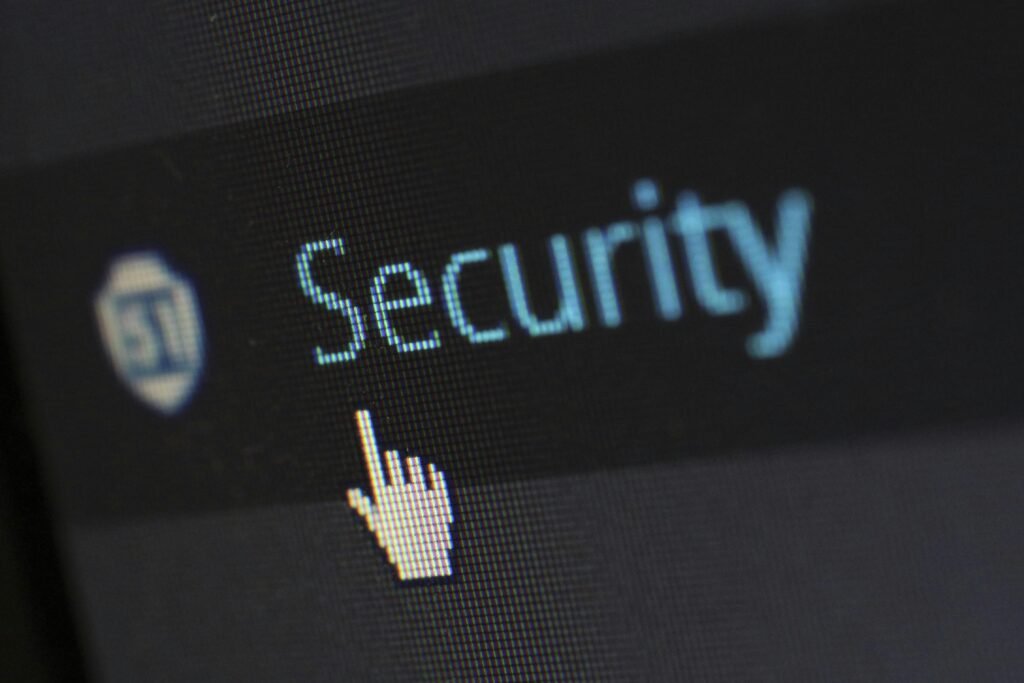Welcome to “Mastering Password Hygiene: Best Practices” where you will learn some essential tips for keeping your online accounts secure. By following these best practices, you can protect your sensitive information from potential hackers and cyber threats. Remember, a strong password is your first line of defense in the digital world, so let’s dive into some key strategies for maintaining good password hygiene. What is the first step to protecting your online accounts?

This image is property of images.pexels.com.
Creating a Strong and Unique Password
The first step in protecting your online accounts is to create a strong and unique password for each one. A strong password is one that is not easily guessable and is a combination of letters, numbers, and special characters. Avoid using personal information such as your name, birthdate, or common phrases.
Tips for Creating Strong Passwords
When creating a password, consider the following tips to ensure it is strong and secure.
- Use a combination of uppercase and lowercase letters
- Include numbers and special characters
- Make it at least 12 characters long
- Avoid using dictionary words
- Consider using a passphrase instead of a single word password
By following these tips, you can create strong and unique passwords that are difficult for hackers to crack.
Using a Password Manager
To keep track of all your strong and unique passwords, it is recommended to use a password manager. A password manager is a secure tool that stores all your passwords in an encrypted vault. This way, you only need to remember one master password to access all your accounts.
Benefits of Using a Password Manager
Some benefits of using a password manager include:
- Convenience: Easily login to your accounts without having to remember multiple passwords
- Security: Keep your passwords secure in an encrypted vault
- Automatic Password Generation: Create strong and unique passwords with a click of a button
By using a password manager, you can simplify the process of managing your passwords and enhance the security of your online accounts.

This image is property of images.pexels.com.
Two-Factor Authentication (2FA)
In addition to using strong and unique passwords, it is recommended to enable two-factor authentication (2FA) whenever possible. 2FA is an extra layer of security that requires not only a password and username but also something only the user has on them, i.e., a piece of information only they should know.
How Two-Factor Authentication Works
When you enable 2FA for an account, after entering your password, you will be prompted to provide a second form of verification. This can be a code sent to your phone via SMS, a fingerprint scan, or a hardware token.
Benefits of Two-Factor Authentication
Some benefits of using 2FA include:
- Added Security: Protect your accounts from unauthorized access
- Peace of Mind: Know that your accounts are secure, even if your password is compromised
- Easy Setup: Most online services offer 2FA as an option for added security
By enabling 2FA on your accounts, you can add an extra layer of protection against unauthorized access.
Regularly Update Your Passwords
Once you have created strong and unique passwords, it is important to regularly update them to enhance the security of your accounts. Hackers are constantly evolving their methods, so it is essential to stay one step ahead by changing your passwords regularly.
How Often Should You Update Your Passwords?
Experts recommend updating your passwords every 3-6 months to ensure they remain secure.
Tips for Updating Your Passwords
When updating your passwords, consider the following tips:
- Do not reuse old passwords
- Create new passwords that are strong and unique
- Use a password manager to help keep track of your updated passwords
- Enable 2FA after updating your passwords for added security
By regularly updating your passwords, you can stay ahead of potential security threats and protect your online accounts.

This image is property of images.pexels.com.
Avoid Common Password Mistakes
In addition to following best practices for creating and managing your passwords, it is important to avoid common mistakes that can compromise the security of your accounts.
Common Password Mistakes to Avoid
Some common password mistakes to avoid include:
- Using the same password for multiple accounts
- Sharing your password with others
- Storing passwords in unsecured locations
- Using easily guessable passwords such as “password123”
By avoiding these common password mistakes, you can strengthen the security of your online accounts and reduce the risk of unauthorized access.
Educate Yourself on Phishing Scams
Another important aspect of password hygiene is to educate yourself on phishing scams and how to identify them. Phishing scams are fraudulent attempts to obtain sensitive information, such as usernames, passwords, and credit card details, by disguising as a trustworthy entity in an electronic communication.
How to Identify Phishing Scams
To avoid falling victim to phishing scams, look out for the following red flags:
- Poor spelling and grammar in emails
- Requests for sensitive information such as passwords or credit card details
- Unsolicited emails asking you to click on a link or download an attachment
- Emails from unfamiliar senders claiming urgent action is required
By educating yourself on phishing scams and how to identify them, you can protect yourself from potential cyber threats and safeguard your personal information.
Secure Your Devices
In addition to protecting your online accounts with strong passwords and 2FA, it is important to secure your devices to prevent unauthorized access to your data.
Tips for Securing Your Devices
Some tips for securing your devices include:
- Set a strong password or passcode on your devices
- Enable biometric authentication such as facial recognition or fingerprint scanning
- Keep your devices up to date with the latest security patches and updates
- Avoid connecting to public Wi-Fi networks without a VPN
By securing your devices, you can prevent unauthorized access to your data and reduce the risk of cyber threats.
Additional Tips for Password Hygiene
To further enhance the security of your online accounts and protect your personal information, consider implementing the following additional tips for password hygiene.
Additional Tips for Password Hygiene
Some additional tips for password hygiene include:
- Monitor your accounts for any suspicious activity
- Use a different email address for password recovery
- Enable account recovery and security notifications
- Regularly check the security settings of your accounts for any unusual changes
By implementing these additional tips for password hygiene, you can further strengthen the security of your online accounts and protect your personal information from unauthorized access.
In conclusion, mastering password hygiene is essential for protecting your online accounts and safeguarding your personal information from potential cyber threats. By following the best practices outlined in this article, such as creating strong and unique passwords, using a password manager, enabling 2FA, regularly updating your passwords, and educating yourself on phishing scams, you can enhance the security of your online accounts and reduce the risk of unauthorized access. Remember, your online security is in your hands, so take the necessary steps to protect yourself and stay one step ahead of potential cyber threats.
